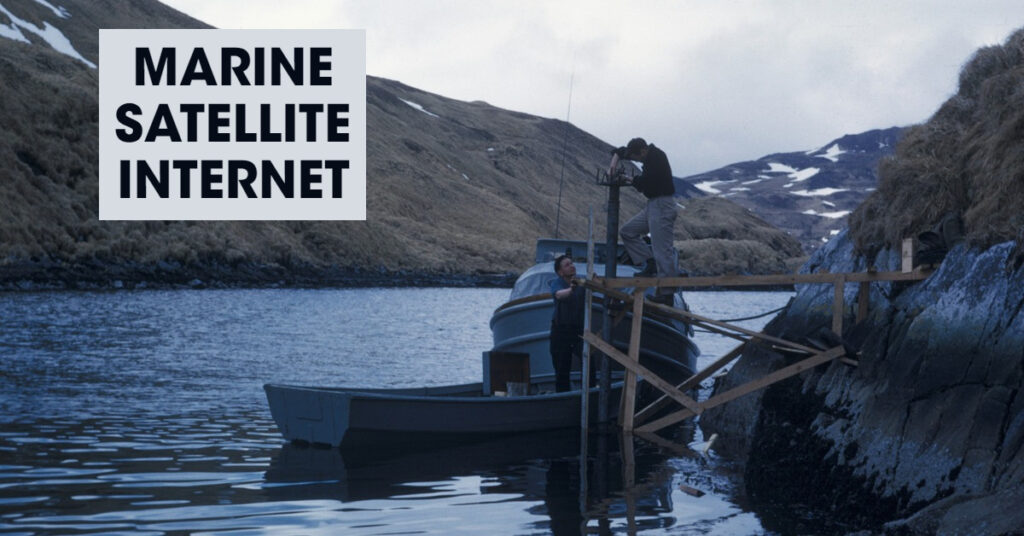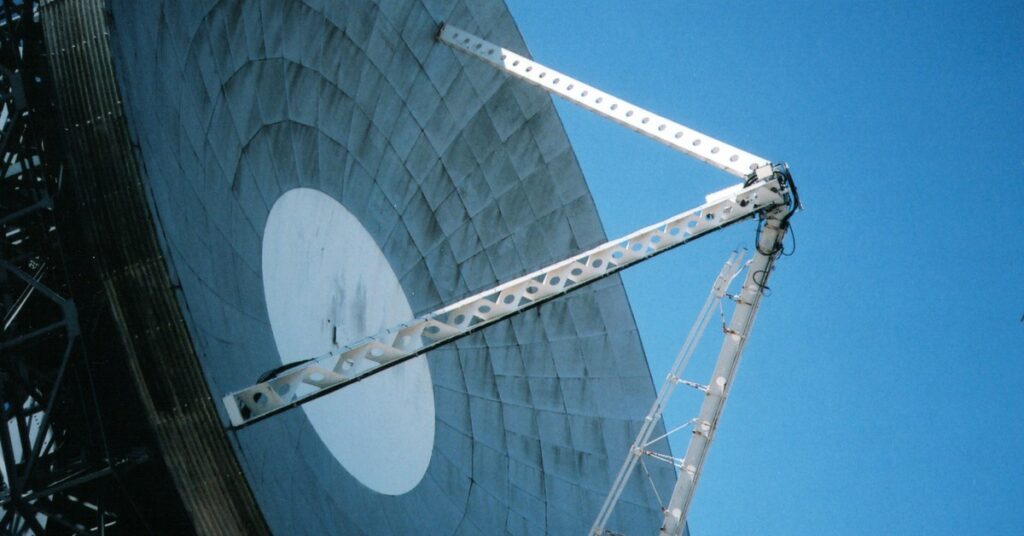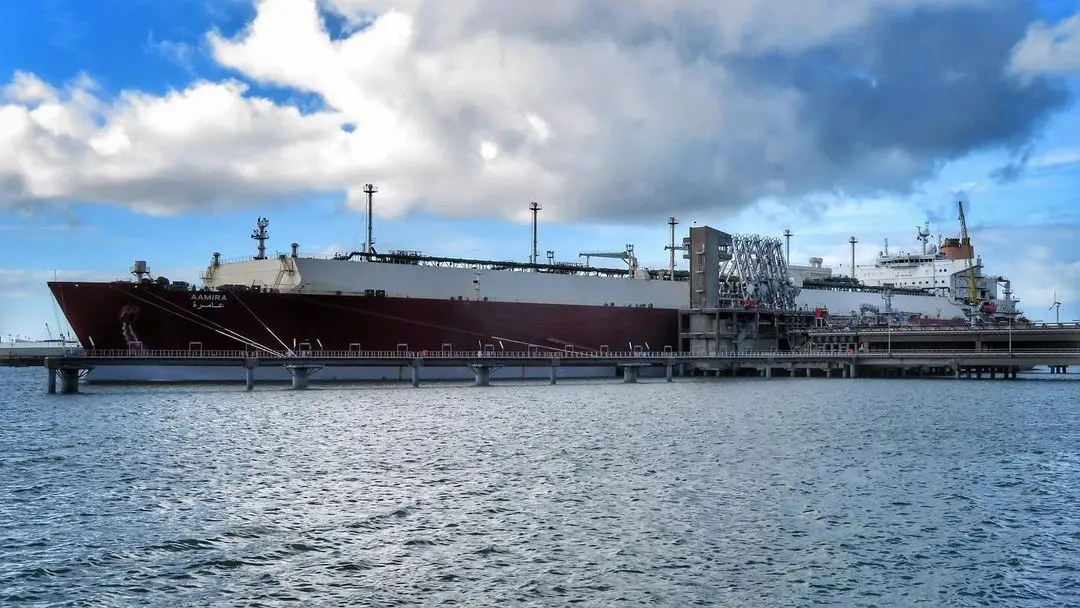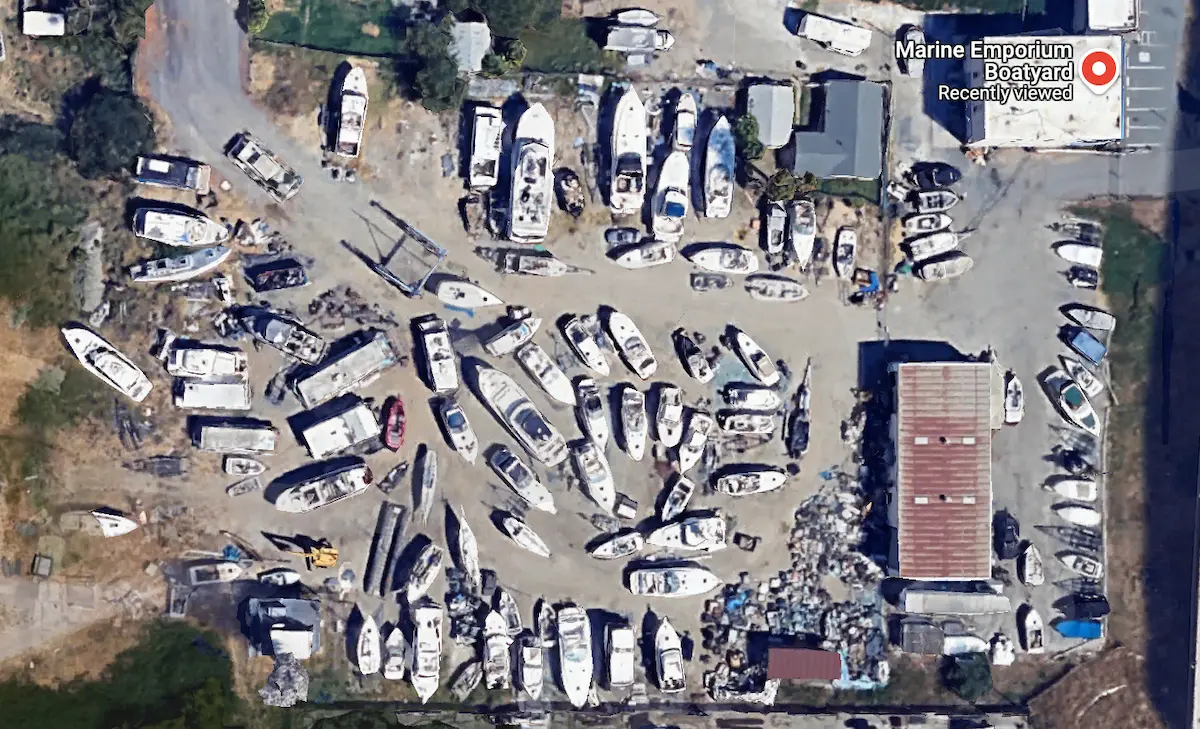Some boaters take leisurely trips to the lake while others venture into the ocean, far removed from the rest of civilization. That kind of isolation is tough to deal with, even for those looking forward to going offline. Thankfully, marine satellite internet helps ships stay connected.

Challenges of Getting Internet for Boats
Boat Wi-Fi is a technological feature every vessel should offer, much like how almost all houses have an internet connection. A couple of complications make marine satellite internet challenging.
Performance Changes
Wi-Fi may be more unreliable at sea than on land. Sailing often entails unpredictable weather conditions that can weaken the connection. Plus, physical networks usually require people to be nearby for them to connect.
Cellular data can theoretically work, but this is also limited by network location. Boaters get weaker signals when they’re further from hotspots. Marine routers are ideal since they’re engineered to provide strong connections even while at sea.
Speed and Latency Needs
No one likes slow internet speed on their devices. Unfortunately, boats have lower network latency since they are far from land networks. The lack of connectivity can lead to data packet loss, which limits use.
Low latency is troublesome when engaging in recreational activities. However, it can also be dangerous when facing emergencies at sea. Boaters must connect and reach out for help when necessary, and slow connections hinder that.
High Investment
Land Wi-Fi costs are challenging, but marine internet is even more expensive. The complications of installing it on a moving water vessel is a more specialized offer in the industry. For example, Starlink’s minimum for boat Wi-Fi is about $150 monthly, not including hardware expenses of $499.
Most internet plans are also priced by the units of data. The more terabytes a boat needs, the higher the price will go. It’s also a recurring plan, which is hard for more casual boating enthusiasts to cover, along with regular ship maintenance.
What Is Marine Satellite Internet?
Marine satellite internet is a Wi-Fi option for boaters. Very small aperture terminal (VSAT) technology is the essential communication system for sea vessels. Unlike land-owned receivers, VSAT offers portable ground terminals with compact antennas and transceivers to capture the signal.
VSAT technology effectively provides a strong internet connection but is susceptible to water damage from splashes and rain. The antenna is enclosed in a dome cover to prevent this. It’s also best to keep it in visible places like upper decks to ensure visibility.
Benefits of Having Marine Internet
Marine satellite internet is worth investing in for those who require a stronger connection while away from dry land. Here are some perks behind its installation.
Every ship relies on communication and navigation. It’s necessary to contact other boats or emergency services. Onboard Wi-Fi helps boaters stay connected with others while in marine environments, making it easier to seek or provide assistance to those who need it.
Regarding navigation, marine satellite internet can access GPS systems and resources to help ships stay on route. If the weather or water conditions seem to shift, the captain can use the same tools to stay updated and decide how to proceed.
Improved Logistics Management
Water vessels, like cargo boats, carry many shipments. While docked, it’s easy to access inventory management applications since land-based networks offer connectivity. Being at sea can render those programs inaccessible without boat Wi-Fi.
Marine Internet allows fleet managers to track their inventory, even en route to their destinations. This can discourage workers from tampering with packages and ensure item safety in the long run.
Connectivity for Research Applications
Many boating enthusiasts are fascinated by nautical and marine science. They write about their findings and share them with the online world later. However, marine satellite internet empowers people to do so as soon as possible.
Boat internet can also enable different research applications while onboard. Collecting and analyzing oceanographic data and other information at sea can improve scientists’ and researchers’ efficiency.
Recreational Accessibility
One underrated benefit of marine satellite internet is its ability to enhance the recreational experience. Cruise passengers can text and post to social media while at sea, updating everyone on their adventure.
This level of connectivity is also life-changing for crew members. Most people go for months without getting in touch with friends and family. Now, they can socially connect with loved ones even while they’re away.

Enabling Marine Internet
Marine internet is a vital technology that can change the boating experience. However, it requires plenty of planning and preparation before it can be enabled. Here are the key factors to consider.
Server Room Configuration
VSAT technology makes internet connectivity more accessible, but the rest of the network equipment must be in a hub. Designate a space on the boat for the extra tools and power distribution units. A server room should have enough space for all those items and a technician to fix problems.
Server rooms need colder climates, especially in boats where the surfaces are directly exposed to sunlight and heat. The equipment generates plenty of warmth, so cooling systems should be implemented to prevent damage and further issues. It’s recommended to keep the temperature between 59 F and 89.6 F.
Proper Installation
VSAT antennas must be in a visible outdoor location and pointed upward. This positioning ensures a clear connection to the satellite. Boaters can get a below-deck unit to set up in combination for extra support.
Even though VSAT technology uses antennas, various cables are still needed to set up routers for wireless access points. Marine satellite internet requires proper installation to ensure this infrastructure is functional without interfering with regular pathways and public spaces.
Inspection and Testing
Avoid assuming that the marine satellite internet is operational immediately after installation. Inspecting and testing electrical components before departure is recommended to confirm they are working.
It’s ideal to run the testing during every rest stop for cargo ships and commercial vessels. Schedule regular maintenance so the marine satellite internet system is always up to par.
Considerations With Marine Internet
Marine satellite internet can be installed on any vessel. However, boaters must have foresight before integrating it to ensure it suits their needs. Here are several considerations to assess.
Boat Size
Marine satellite internet is dependent on VSAT technology. The size of the boat can impact overall efficiency. For example, the Icon of the Seas has about 20 decks, so people are spread out throughout the ship. Multiple antennas and routers should be installed to guarantee a stronger connection.
Number of Passengers
Internet data is consumed faster when more people are connected. Consider the boat type and number of people connecting to the network. Skiffs can host up to six people, while pontoons can carry up to 15. The latter will require more units of data.
Sailing Time
Marine internet plans typically charge by the month. Figure out how long the ideal subscription will be. Some vessels sail for over seven days, but depending on the route, it can take even longer. Narrow down the length of time a ship will be at sea to make the ideal investment.
Stay Online With Marine Satellite Internet
Marine satellite internet is a powerful tool for keeping ships connected at all times. All boaters can use this technology and enjoy an enhanced boating experience.
Frequently Asked Questions
Is It Possible to Have Boat Wi-Fi?
Yes, marine satellite internet offers a Wi-Fi connection while on the boat. This feature ensures people can still access the web and different programs at sea.
How Does Marine Satellite Internet Work?
Marine satellite internet works through very small aperture terminal (VSAT) technology. These portable ground terminals with compact antennas and transceivers capture the signal to offer connectivity.
Can People Talk to Their Friends While at Sea?
Yes, marine satellite internet allows passengers and crew members to communicate while at sea. It’s also strong enough to keep ships connected.
Is Marine Internet Reliable?
Yes, marine satellite internet is reliable as long as it is properly installed and maintained. It offers a more stable connection compared to on-land networks and cellular data.
What Should People Consider When Getting Marine Satellite Internet?
Boating enthusiasts using marine satellite internet should assess the size of the vessel and the number of passengers connecting. Sailing time is also important to determine how many units of data are needed.
- The 15 Most Exciting New Ships of 2025 – January 6, 2025
- How Old Do You Have to Be to Drive a Boat? – November 12, 2024
- The Engineering Behind Ice-Class Vessels – September 20, 2024



